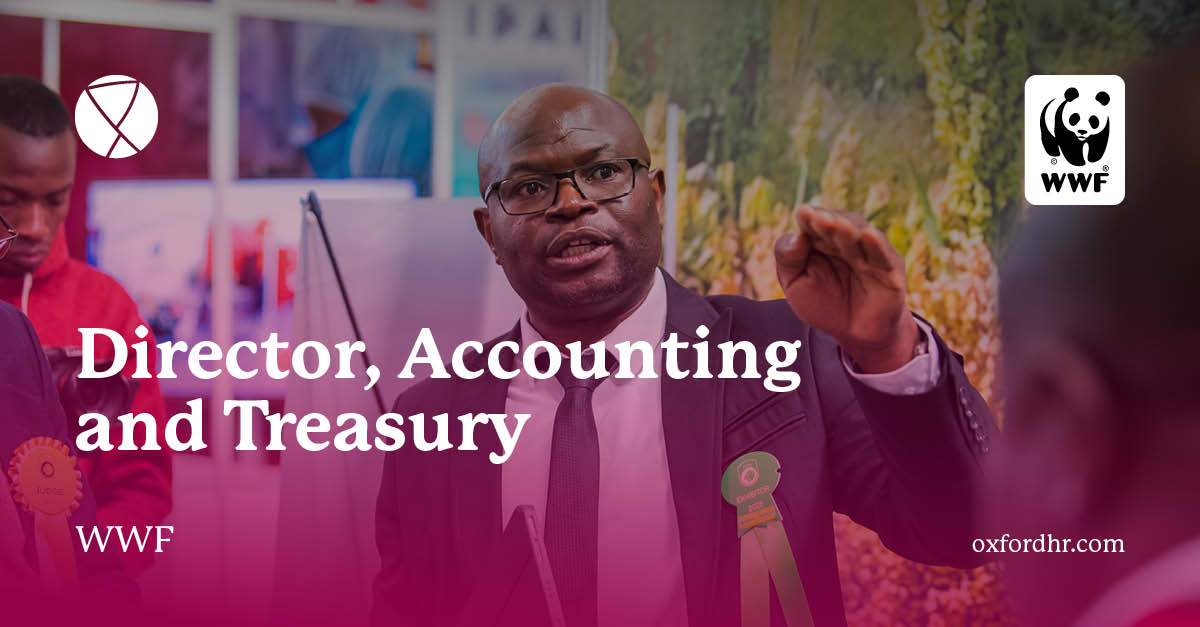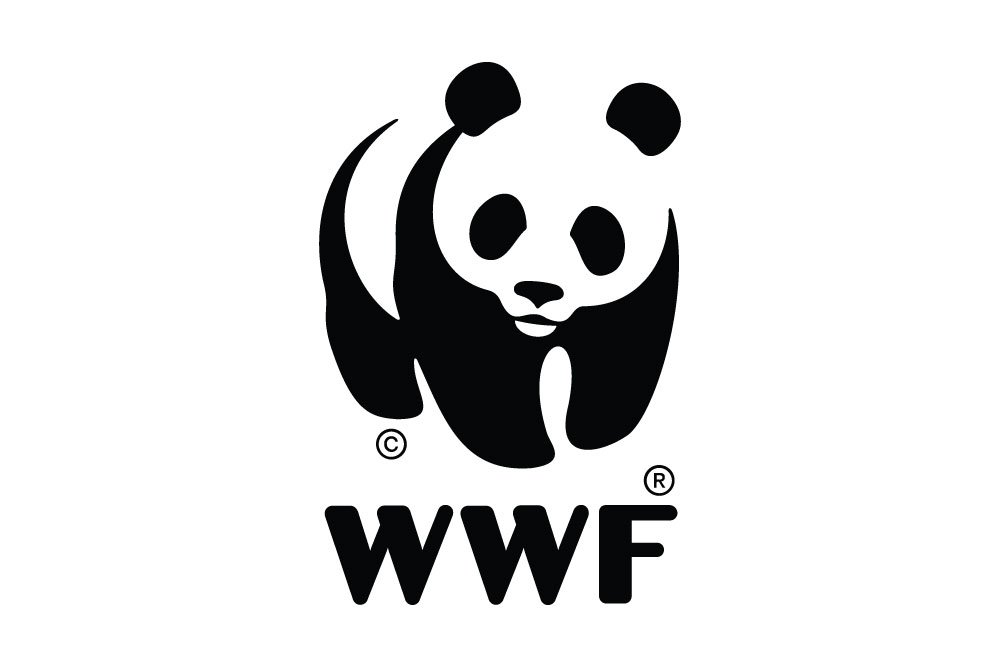
About WWF
Our Mission
To stop the degradation of the earth’s natural environment and to build a future in which humans live in harmony with nature by:
- conserving the world’s biological diversity
- ensuring that the use of renewable natural resources is sustainable
- promoting the reduction of pollution and wasteful consumption.
Our Values
We bear witness to the accelerating decline of nature and our climate, with serious consequences for life on Earth, including our own.
Our mission is to build a future in which people live in harmony with nature. To deliver this mission, we work to conserve biodiversity, the web that supports all life on Earth; reduce humanity’s ecological footprint; and ensure the sustainable use of natural resources to support current and future generations.
We celebrate and respect diversity in nature and among the people, partners and communities with whom we work. Across the many cultures and individuals that represent WWF, we are unified by one mission, one brand, and one common set of values:
- Courage: We demonstrate courage through our actions, we work for change where it’s needed, and we inspire people and institutions to tackle the greatest threats to nature and the future of the planet, which is our home.
- Integrity: We live the principles we call on others to meet. We act with integrity, accountability and transparency, and we rely on facts and science to guide us and to ensure we learn and evolve.
- Respect: We honor the voices and knowledge of the people and communities that we serve, and we work to secure their rights to a sustainable future.
Job Summary
Mission of the Department
Enabling WWF mission delivery through continuous pursuit of optimum balance between efficiency and effectiveness with respect to internal systems, tools and processes. This will be achieved via a delivery of a high standard of: strategic financial management, effective digital solutions, proactive risk management, quality guidance, advice and communication of both regulatory and internal standards requirements all through an inclusive people centered lens.
Major Functions
Responsible for leading the Accounting & Treasury pillar for the organisation, reporting to the Global Finance Director. This role oversees various aspects including accounting, financial controls, external audit, taxation, financial statements and treasury. The role requires management and mitigation of financial risks including control and assurance mechanisms, driving continuous improvement of processes and technology and fostering team development.
Major Duties and Responsibilities
Management and mitigation of financial risks including control and assurance mechanisms
- Responsible for maintaining robust financial control and assurance mechanisms across WWF International with appropriate lines of defence in place to identify and mitigate risks
- Responsible for the relationship and operations with the WWF International external auditors
- Responsible for managing the end-to-end process of the interim and year end external audit process including close collaboration and coordination with Country Directors and Finance Leaders
- Responsible for the timely implementation of financial audit recommendations arising from internal, external and project audits as well as any related requirements of the WWF International Audit, Risk, and Compliance Committee (ARCC)
- Work closely with the Internal Audit and Accountability teams to develop and embed financial control and assurance mechanisms
Manages strong accounting practices
- Responsible for timely and accurate month end close of Secretariat accounts
- Responsible for tracking and monitoring month end close of the Country Offices and working with the Office Finance teams and Business Partners to resolve delays and issues
- Accountable for the annual consolidated statutory accounts for WWF International being completed on time and to a high standard;
Cash management and bank management
- Oversight and management of bank accounts for all of WWF International
- Responsible for monitoring of cashflow and reserves for WWF International
Develop and maintain documents, tools and processes
- Responsible for development and management of policies, guidance documents, and information relating to accounting, controlling and treasury that are applicable to WWF International (Secretariat and Country Offices) and in accordance with Swiss GAAP FER
- Business Owner for development and deployment of the portfolio of tools and systems relating to finance, accounting, controlling and treasury, working closely with Global Technology and Digital Solutions and other key stakeholders to ensure integration with other systems and alignment to the digital strategy.
Team leadership and department development
- Participates in the recruitment of the Accounting and Treasury team
- Manage and empower the Accounting and Treasury team including develop, coach, coordinate and supervise management roles;
- Closely collaborate with the Global Finance leadership to ensure clear and seamless working relationships and processes between Finance teams
- Build and maintain relationships with other management and leadership positions across and beyond the division to enable and optimise the ways of working
- Performs other duties as requested by the Global Director, Finance
Profile
Required Qualifications
- A professional accounting qualification (ACA, ACCA, CPA) and/or CFA/MBA is essential
- A post-graduate university degree in finance, or business administration or related subject is an advantage;
- At least 8 years of experience in a senior financial management role in a complex, multi-jurisdictional international environment.
- Ideally prior experience of working in a leadership role in an International Non-Government Organization (INGO) with scope of responsibilities across multiple legal jurisdictions
- Good understanding and prior experience of improving or implementing a globally integrated financial system or Enterprise Resource Planning (ERP) system
Required Skills and Competencies
- Excellent leadership and managerial skills with a demonstrated ability to drive change and organisational culture
- Excellent proven track record of prudent financial management and executive decision making
- Excellent organisational and presentation skills
- Superior ability to work and communicate effectively with a broad spectrum of individuals across a range of cultural environments
- Works to the highest level of integrity and confidentiality
- Fluency in English is essential. Other languages, especially French, would be an advantage
- Embraces the WWF mission and values of the organization: Courage, Integrity, Respect & Collaboration
Working Relationships
Internal
Interacts frequently with the Global Director, Finance and Executive Team as well as other senior staff of the WWF International Divisions. Collaborates closely with Accountability and Internal Audit for controls and assurance. Builds strong relationships with Budget Holders, Regional and Country Directors and Country Finance Leaders.
External
Liaises closely with financial institutions with which WWF places investments and has other forms of accounts. Works with the external auditors to ensure implementation of best practice in all areas of WWF’s financial management and operational systems. Ongoing contact with various banks, asset managers, external auditors, external systems providers and consultants.
Job Features
| Reports to | Global Director, Finance |
| Supervises | Accounting and Treasury Team |
| Level | 7 |
| Location | Vienna or Nairobi preferred, Zeist or Woking possible |
| Closing Date | 29th July 2024 |
Apply
Interested in this role? Download the appointment brief below for more information and then come back to this page to apply.
By applying with us, you agree to Oxford HR’s Privacy Policy

Job Features
| Reports to | Global Director, Finance |
| Supervises | Accounting and Treasury Team |
| Level | 7 |
| Location | Vienna or Nairobi preferred, Zeist or Woking possible |
| Closing Date | 29th July 2024 |


